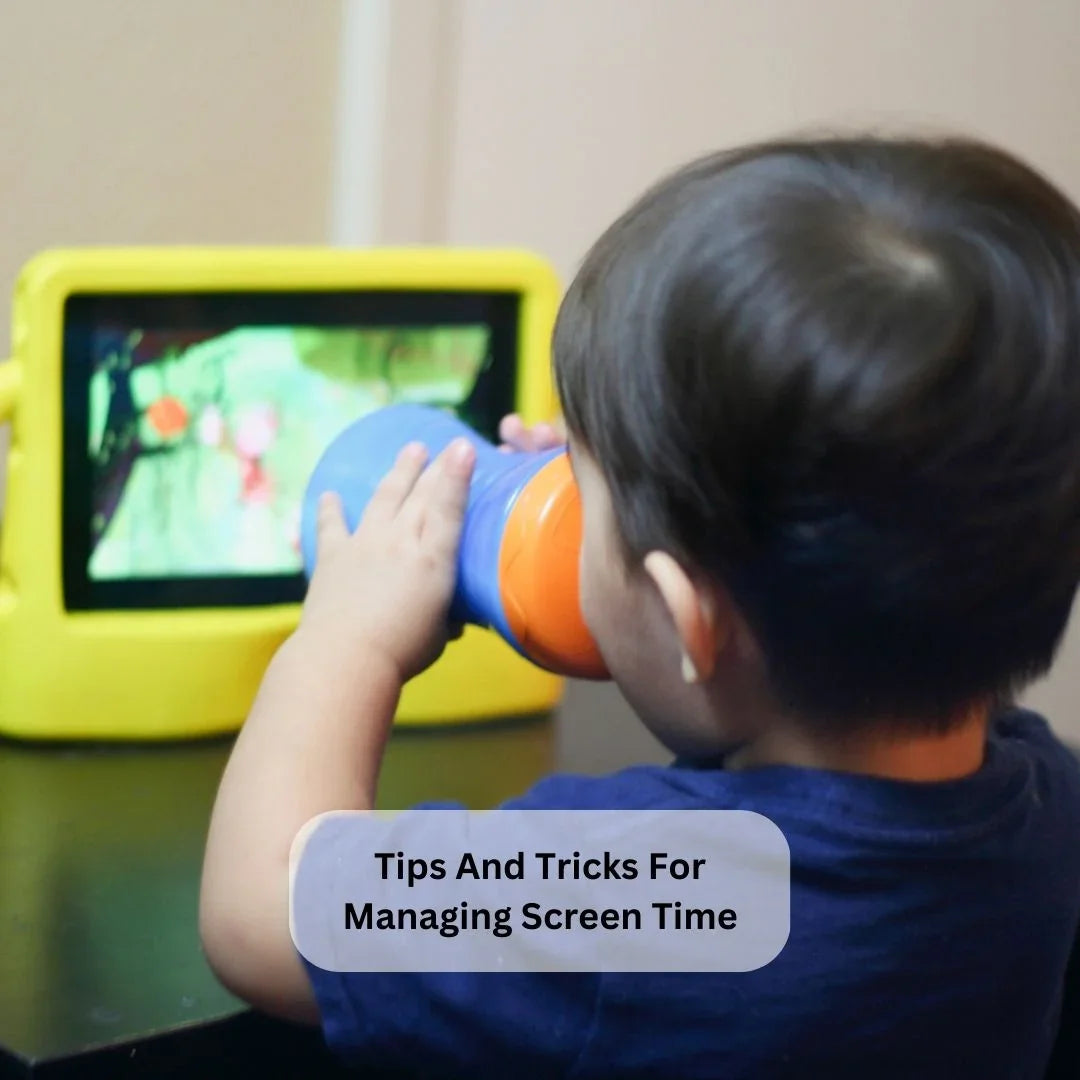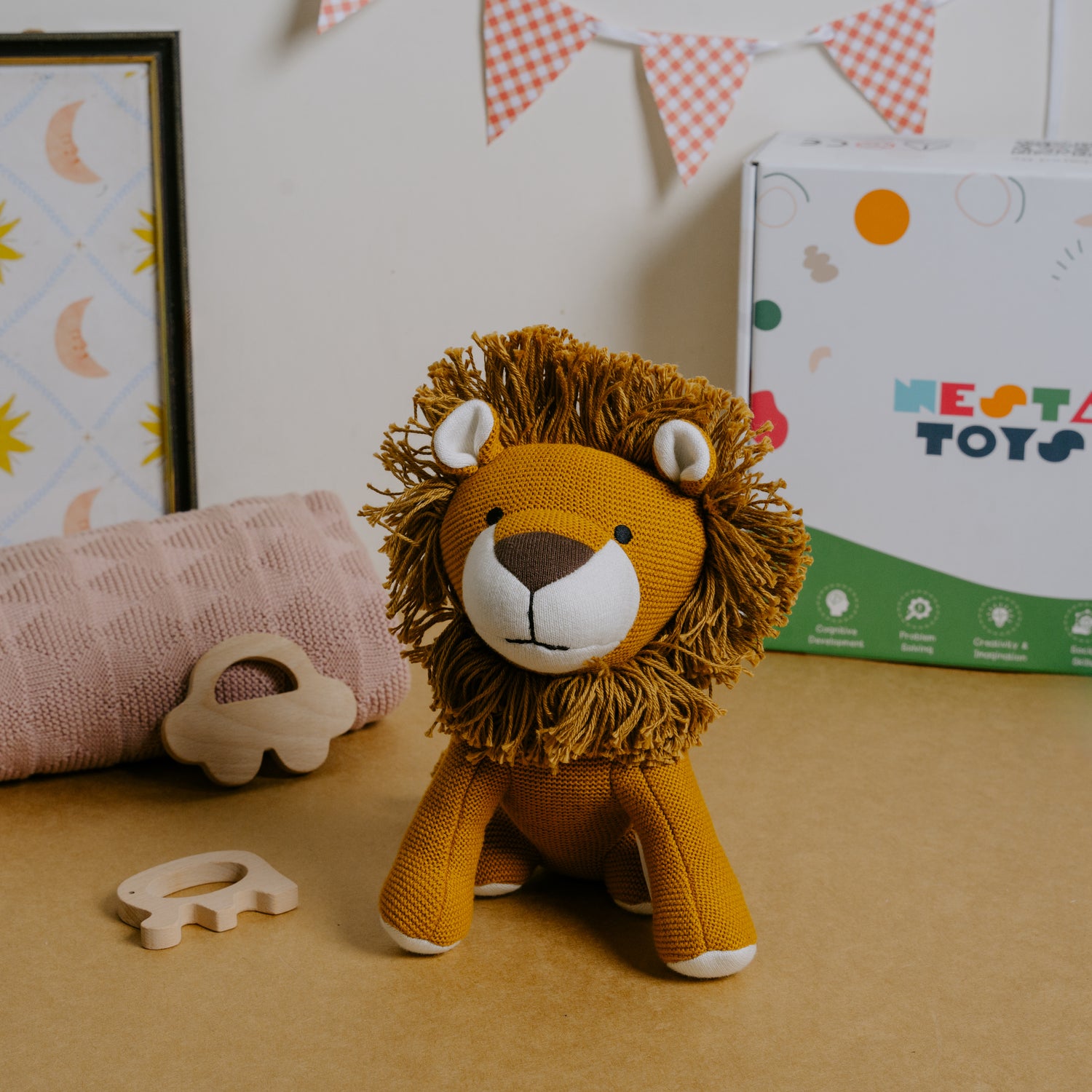Screens and digital devices have become a central part of our everyday lives, from smartphones and tablets to laptops and TVs. As a result, many parents are growing more concerned about the effects of screen time on their young children, particularly those between the ages of 0-6 years.
In this article, we'll explore the impact of screen time on young children and offer practical tips for parents on how to effectively manage their child's screen time.
What is Screen Time?
Screen time refers to the amount of time a child spends in front of a screen, such as a television, computer, tablet or smartphone. Screen time encompasses not just entertainment media like video games, social media, and online videos, but also educational and interactive content, such as e-books and learning apps.
Effects of Screen Time on Young Children
While screens can offer various benefits to young children, including entertainment, learning, and social interaction, too much screen time can have harmful effects on their health and development. Here are some of the potential negative effects of excessive screen time on young children:
-
Obesity: Children who spend excessive time in front of screens are at a higher risk of becoming overweight or obese. This is often due to a lack of physical activity, which can contribute to a more sedentary lifestyle.
-
Sleep problems: Screen time can disrupt a child's sleep patterns, leading to difficulty falling asleep, staying asleep, or experiencing poor quality sleep. This is because the blue light emitted from screens can disrupt the production of melatonin, a hormone that helps regulate sleep.
-
Delayed language development: Excessive screen time can hinder a child's language development, as they need to interact with others and engage in conversations to build their language skills effectively.
-
Attention problems: Excessive screen time can lead to attention problems and poor concentration, which can impact a child's learning and development.
-
Socialization issues: Spending too much time in front of screens can lead to socialization challenges, as children may miss out on opportunities to interact with others and develop important social skills.
Tips for Managing Screen Time
As technology continues to become an increasingly important part of our lives, managing screen time has become a crucial aspect of parenting. Children of all ages, including those as young as 0-6 years, are spending more time in front of screens than ever before. While screen time can offer some benefits, it can also negatively impact a child's development and overall well-being. Here are some tips for managing screen time for children aged 0-6 years:
- Set limits - The American Academy of Pediatrics advises that children aged 2-5 years should have no more than 1 hour of screen time per day, and that children under 2 should avoid screen time altogether. By setting and sticking to these limits, parents can help ensure their children aren't spending too much time in front of screens, protecting their physical and mental health.
- Choose age-appropriate content - When allowing your child to watch television or play on a tablet or smartphone, it's important to choose age-appropriate content. Avoid violent or disturbing shows, movies, and games, and opt for educational content that is designed specifically for young children.
- Use parental controls -Most devices and streaming services offer parental controls that let you restrict access to certain content, set time limits, and monitor usage. Using these tools can help you manage your child's screen time and ensure they are engaging with age-appropriate content.
- Create tech-free zones - Creating tech-free zones in your home, like the dinner table or the bedroom, can help prevent your child from being constantly attached to a screen. These zones encourage face-to-face interaction and help strengthen family bonds.
- Encourage physical activity - Screen time can be sedentary, which can lead to a lack of physical activity and poor health outcomes. Encourage your child to engage in physical activity and play, both indoors and outdoors, to help them maintain a healthy lifestyle.
- Monitor your own screen time - Children learn by example, so it's crucial to model healthy screen time habits yourself. Be mindful of your own screen usage and try to limit it when your child is around to set a positive example.
- Use screen time as a reward - If your child enjoys screen time, you can use it as a reward for good behavior or completing chores. This not only motivates them to behave well and finish tasks but also helps ensure they don't spend too much time in front of a screen.
- Incorporate screen time into daily routines - If your child enjoys watching a favorite show or playing a favorite game, you can incorporate it into their daily routine as a way to help them wind down before bed or during quiet time.
- Balance screen time with other activities - Screen time should be balanced with other activities, such as reading, playing, and socializing. Encourage your child to engage in a variety of activities and hobbies to help them develop a range of skills and interests.
- Be flexible - While it's important to set limits and monitor screen time, it's also important to be flexible and make adjustments as needed. Every child is unique, so what works for one may not work for another. Be open to trying different approaches and be flexible in adjusting your strategy based on your child's individual needs and preferences.









